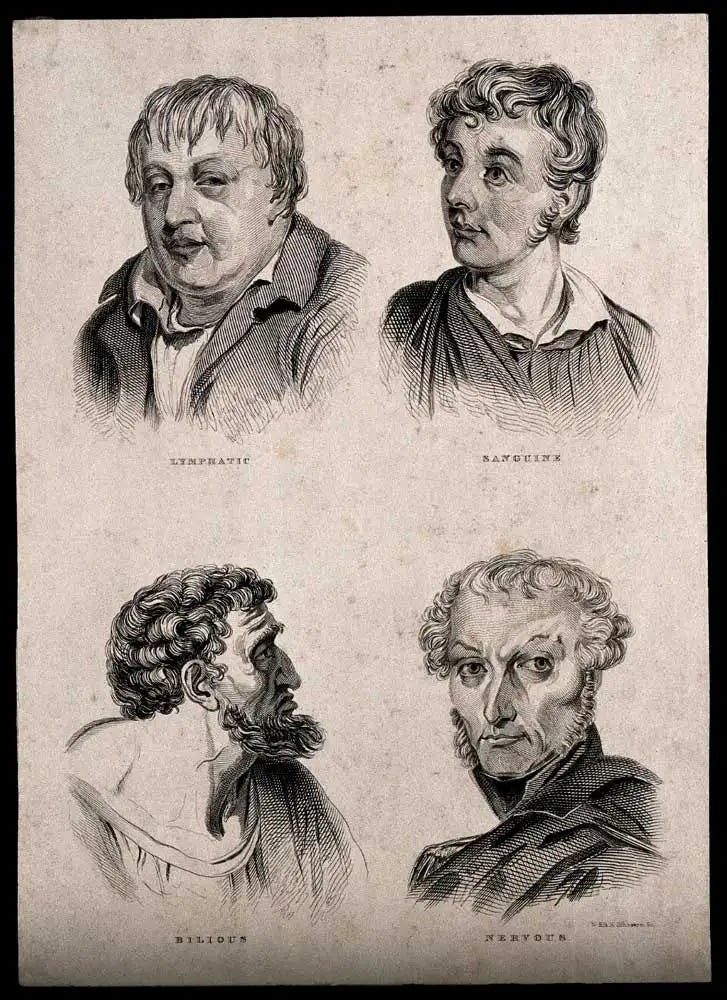What's Wrong with the Enneagram
No matter how sophisticated we become at categorizing human beings, there will always be aspects to us that remain unknowable and irreducible.
Author’s Note: This essay was first published in Plough. You can read part of the essay below and follow the accompanying link to Plough if you’re interested in reading the full piece.
Several years ago I took a woman out on a date. We went to an old two-story house that had been converted into a café. The walls were plastered with faded posters and vinyl covers of musicians: Michael Jackson, The Who, David Bowie, Stevie Nicks. The carpet was an earthy vanilla, and it smelled of old wood and espresso. I ordered a three-dollar coffee loaded with cream and sugar and my date ordered hibiscus tea. I had never heard of it. Tall and long-limbed, she had a silver nose ring and a tattoo snaking along her collarbone. She had that whole singer-songwriter thing going for her, which I found alluring.
We sat on a loveseat upstairs and she queried my musical knowledge, asking about my favorite bands, musicians, and lyricists. Then we moved on to passions and hobbies. She was an artist and so, naturally, she asked if I had some artistic project of my own in the works. “I dabble as a writer,” I told her. This wasn’t untrue, exactly, but I played it up, thinking it would add a level of mystique.
After a while, she turned to something else: my Enneagram. This, like the tea cupped in her hands, I had never heard of. My ignorance only excited her and she began asking me personal questions. She explained it was a type of personality profiler, although with a mystical, New-Agey flare. Her enthusiasm about the intricacies of my life and personality was remarkable. It felt good to be seen, to have someone I barely knew care so much about understanding me. Later that night, a mere forty-five minutes after we said our goodbyes, I received a long email with excerpts of her favorite song lyrics and, unsurprisingly, a link to take an online Enneagram test.
Continue reading this article at Plough.



I can appreciate the tendency of we humans to use personality typing to "foment our tendency to simplify ourselves and others;' however, for me, they do the exact opposite.
I believe that I am not alone in regularly making an initial assumption that others will make the same decisions as me, respond the way I do, be similar to me. The Enneagram and MBTI help remind me that I have certain tendencies and others may not share them. For example, MBTI can help me realize that I get impatient when others are making decisions because I often act as a MBTI type J whereas others want to take more time and gather more information (i.e, are more P-like). That knowledge gives me an appreciation of a different perspective in a way that my brain can recognize and the information needed for me to move from frustration to appreciation.